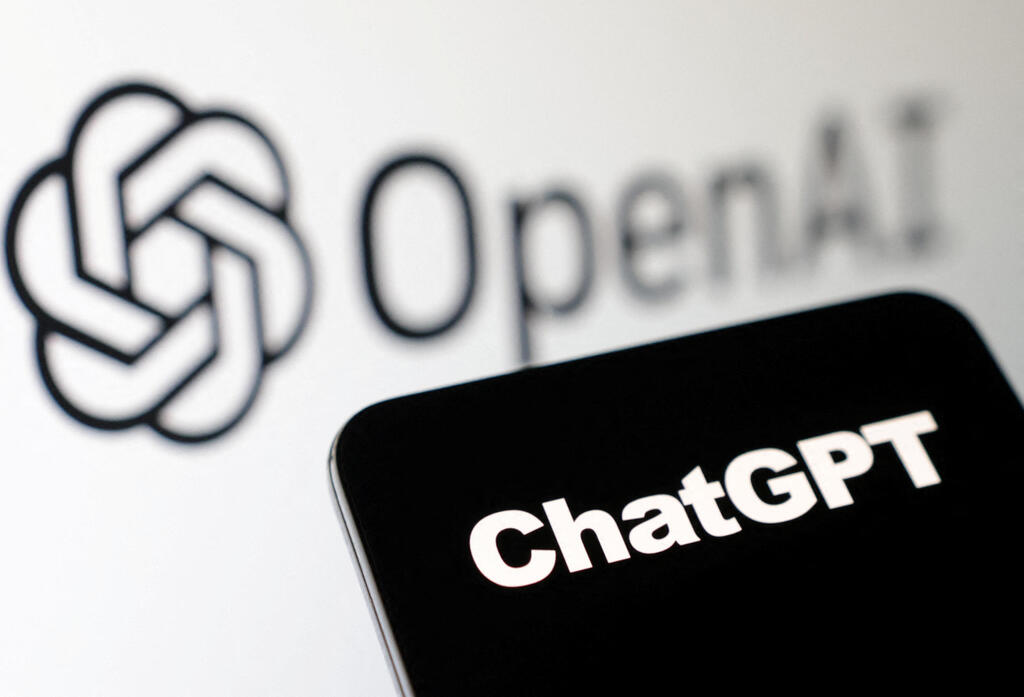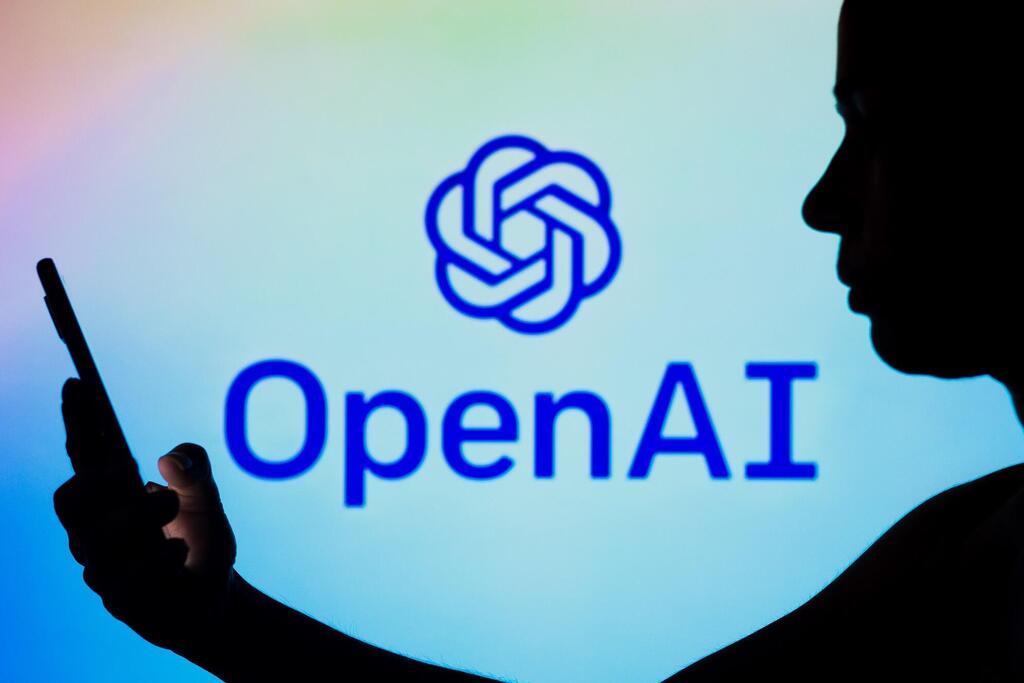The new AI-based ChatGPT has taken the Internet world by storm and has amassed over 100 million users within a span of just two months. But how exactly does it work? Who stands behind it, and what is important to know before you begin using it?
Without getting overly technical, ChatGPT, launched in late November, is a chatbot developed by a company called OpenAI, and is based on artificial intelligence. It is able to speak to humans in real time.
It was "trained" using a dataset which includes a humongous amount of web pages, articles and books, all fed into an artificially intelligent model with a method known as unsupervised learning. Loads of unorganized data is inserted into it, and using its artificially intelligent brain, it is able to establish its own insights.
ChatGPT utilizes two primary techniques to generate its content. One is called supervised learning, in which the model has been fed with conversations written by human trainers. The other is known as reinforcement learning from human feedback, in which human trainers have ranked different answers ChatGPT gave to the very same questions.
ChatGPT is a model that is classified as generative artificial intelligence. It is a learning-based algorithm that is able to create new content, whether it's text, pictures, music or other content, all based on the information that it was fed.
The company that developed it is called OpenAI, and was established in 2015 as a nonprofit, with a stated goal of developing artificial intelligence that will be able to benefit humankind. Tesla mogul and Twitter's owner Elon Musk was once a part of OpenAI, but has since left and is no longer involved with the company's proceedings.
OpenAI is widely known as one of the most advanced companies in the world when it comes to artificial intelligence. In addition to ChatGPT, it also stands behind an image generator known as DALL·E 2, an audio transcriber known as Whisper and various other developments.
How do you begin using ChatGPT?
You go to this website and login using your Google or Microsoft account.
Does ChatGPT support Hebrew?
It's able to converse in Hebrew, but in a manner that is more limited, since it's a language that it hasn't been exposed to as much. Version 4 of ChatGPT, which is currently only available to paid users, is making significant strides when it comes to its Hebrew capabilities.
What can you do with it?
Pretty much whatever you want. You can ask it to explain quantum physics, discuss what Roe v Wade is, write recipes, solve math problems, write songs, phrase incredible speeches, offer birthday activities, generate TV show ideas and many, many other things.
Sounds good, but can I count on what it says?
Not really. This is where ChatGPT, as mighty as it might seem, presents its most prominent flaw. It often offers definitive information that is just flat out wrong. Additionally, since it's not connected to the internet, it's unaware of global events that transpired in 2023. It doesn't know Elon Musk bought Twitter or that a new Netanyahu government is working in Israel.
What about people misusing ChatGPT for nefarious purposes?
That right there is a touchy subject. Ever since it was launched, reports have surfaced about hackers using it to write new viruses, and ChatGPT is already causing an uproar in the American education system, with plenty of students nationwide using it to prepare their homework or phrase their papers, all in a matter of seconds.
Schools in New York, Seattle and other cities have already disallowed use of ChatGPT, though being able to enforce that when children are at home is a different matter altogether.
Many have also attempted to use it to spread fake news with the goal of causing undue political uproar, but as a sort of countermeasure the AI will often refuse such tasks and say it is inappropriate. However, that is likely to only serve as a stopgap, not a sustainable, long-term solution.
Are my conversations with it kept private?
Absolutely not. OpenAI clearly says that it uses its output to further enhance its capabilities over time. Do not talk to it about secrets or any kind of information you don't want public.
Is it free to use?
For now. As OpenAI currently bears its monstrous operating expenditures, a subscription service known as ChatGPT Plus (not the most inventive of names, obviously) has been established as of late, and it will run you $20 a month.
What do you get for those $20?
It grants you access even when servers are overloaded with users (which of course tends to happen at the most inconvenient of times), it provides faster response times and early access to GPT-4, its newest and most capable version.
Are there alternatives to ChatGPT?
Of course there are. Every major player is jumping on that bandwagon, coming up with their own innovative Chatbot. A partial list includes Google, which have come up with Bard; Microsoft, which uses Bing chat; and a company called Anthropic, which is launching its own chatbot known as Claude.
Can it replace Google?
There was some apprehension about that, but that idea ran into some serious problems upon closer examination. For one, its data output is often inaccurate, to say the least, negating the whole point of a search engine.
On top of that, Google has a smoothly functioning financial model on which to sustain itself, which ChatGPT lacks, at least for now. Word to the wise – If you seek accurate content that can be verifiable through various avenues, ChatGPT is not what you're looking for.
And let's not forget, Google has already launched Bard, a ChatGPT competitor that is still not quite as polished, but that situation is strictly temporary. As it is made by the world's most powerful search engine by a mile, Bard has unlimited potential going forward.




